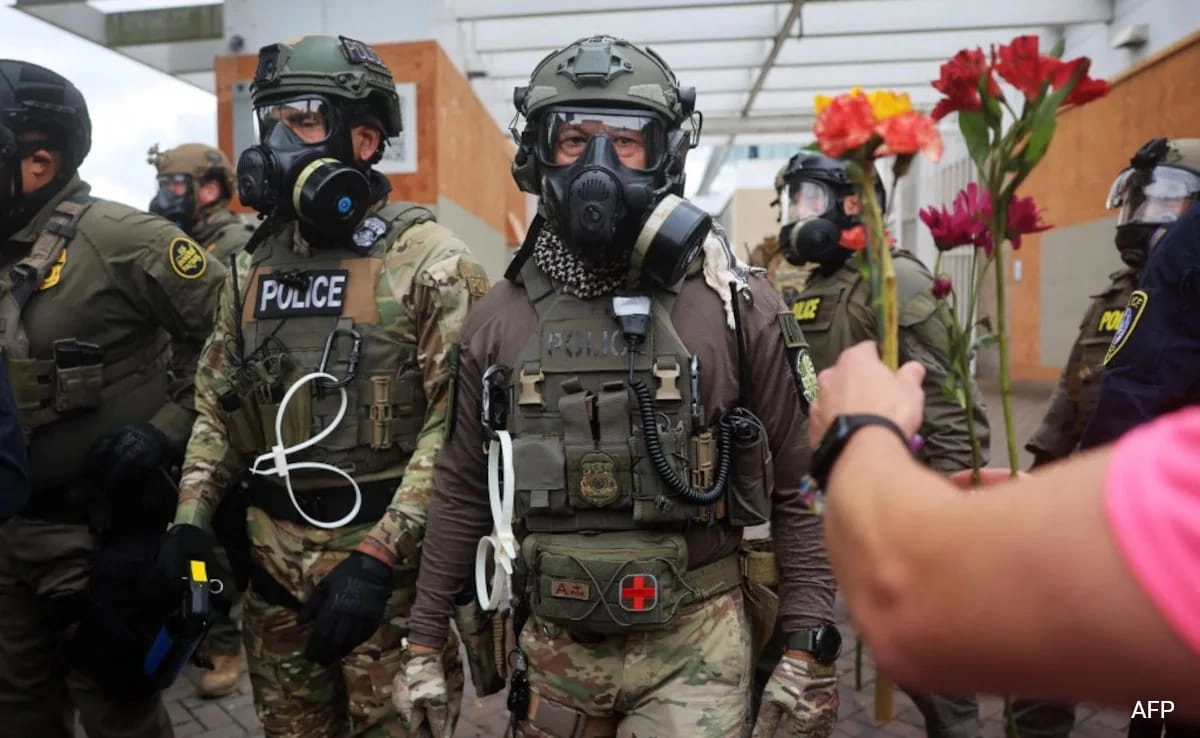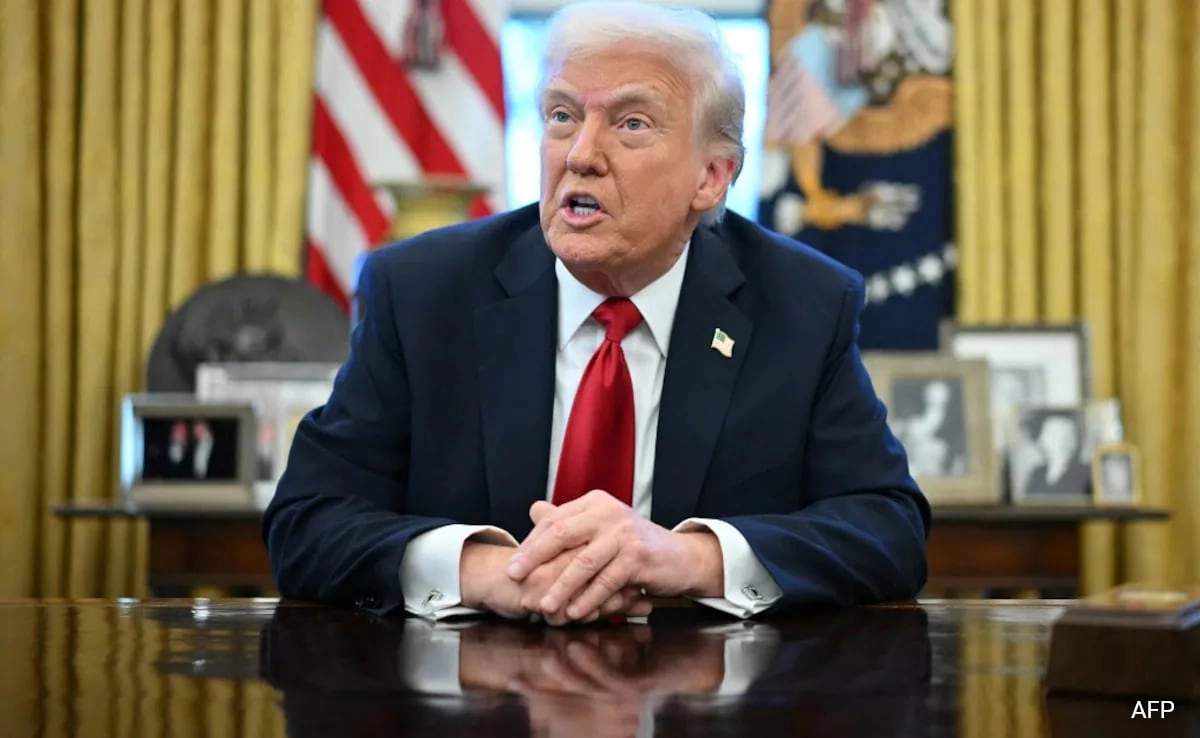California and Oregon have jointly filed a lawsuit against former President Donald Trump, challenging his decision to deploy National Guard troops to Portland, Oregon, amidst ongoing protests and civil unrest. The states argue that this action was not only unnecessary but also infringed upon their rights to manage their own law enforcement and public safety measures. The lawsuit highlights concerns that the deployment of federal troops exacerbated tensions in an already volatile situation, rather than providing the support that was purportedly intended.
The governors of both states have expressed their discontent with the federal government’s approach to handling the protests, which erupted in response to issues of racial injustice and police brutality. They contend that the presence of National Guard troops has led to increased violence and confrontation between law enforcement and demonstrators. By taking legal action, California and Oregon aim to assert their authority and autonomy in managing local affairs without undue federal interference. The states are seeking a court order to prevent any future deployments of National Guard troops unless explicitly requested by the state governments.
This lawsuit underscores the growing tension between state and federal authorities, particularly regarding how to address civil unrest and public safety. The governors argue that the deployment of federal troops not only undermines local governance but also threatens the constitutional rights of citizens to peacefully assemble and protest. By asserting their position in court, California and Oregon hope to establish a precedent that reinforces the principle of state sovereignty in matters of public safety and law enforcement. The outcome of this legal battle could have significant implications for the relationship between state and federal governments, particularly in times of crisis.
As the case unfolds, it will be closely watched by legal experts and political analysts alike, who recognize the potential for broader ramifications in the ongoing discourse surrounding federal powers and states’ rights. The lawsuit represents a pivotal moment in the ongoing struggle over how best to address the root causes of civil unrest, and it raises important questions about the appropriate response from federal authorities in situations of social upheaval. Ultimately, the resolution of this case may influence future interactions between state and federal governments, particularly in the context of maintaining public order and protecting constitutional rights.




